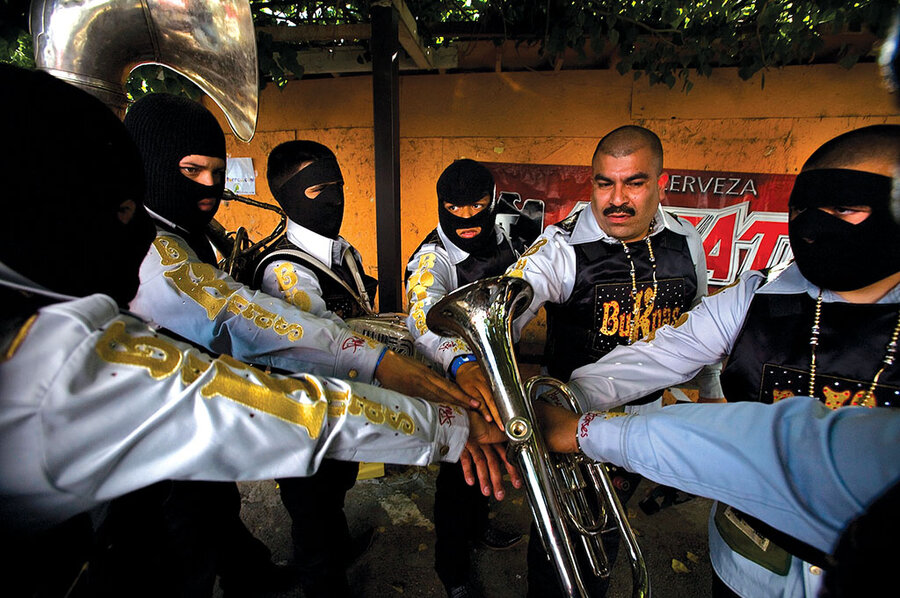It is undeniable that drug cartels have built criminal empires in Latin America, and in recent years, those images and discourses have been commodified by the mass media. The narco culture is understood as all cultural influences that drug trafficking has on society. For instance, in countries such as Colombia and Mexico the narco culture has reached influence on clothing, architecture, general body aesthetics and behaviour – particularly it is said that has normalized violence and the culture of holding weapons as means of power. Some authors understand narco culture closely related to money (implying power) and violence.
Recently, popular shows like Narcos have been taking over the public, some have criticized this kind of tv shows as they gloss over the brutal reality that people live in those situations where narco power is very much present. Sometimes tv shows even romanticise the life of Drug Lords, and emphasize how unreachable they are from authorities. Not only Hollywood but also local productions have become instigators of this controversial topic as they provoke moral dilemmas because of how the narrative of drug trafficking is shown, some say it almost makes the conflicts banal, hiding the brutal reality of ‘normal’ people that live and perpetuating the status quo.

Nevertheless, Narco culture is a phenomenon that is studied by scholars. And an important object of study to understand Mexican culture and society. One of the important and curious aspects of their culture is related to their ‘saints’ and religion.
Religion and Spirituality in Mexico under Narco Culture
Jesus Malverde
The stories around Jesus Malverde, also known as the Saint of the Narcos or “the benevolent criminal,” are varied and it is still unclear what aspects of his life are real and which are the ones invented. It is said that he was born in Sinaloa, possibly under the name Jesus Juarez Mazo, when at the time the dictator Porfrio Diaz was ruling. The story tells that he became a criminal after the death of his parents, which left him into poverty. During his childhood and adolescence he witnessed the rapid socioeconomic transformation of the region, when all the profits of Haciendas were enjoyed by the elite, while the majority of the population were left in great economic poverty. He became a famous criminal, considered to be a type of Robin Hood, as he claimed to be helping people in the name of God, and redistributing his profits to the poor in the late 1800s.
A cult was developed in his name, that unites beliefs and practices of popular Catholicism and other types of superstitions. Also several chapels have been built on his name, although the Catholic Church does not recognize him as a saint. The first church to Jesus Malverde was in Culiacan. His figure generally stands next to other figures such as Santa Muerte. Many miracles, healings and blessings have been attributed to him, thus people today still request his intercession. Nowadays, the tradition of bringing him, in addition to flowers or candles, stones from the place of origin of the devotees, as a way of worshiping.

In the 1970s, drug traffickers adopted Malverde as their ‘patron saint’ as they see themselves in Malverde’s history. Up until a few years ago, Malverde was the most popular icon among drug traffickers in Mexico. However, today, Santa Muerte, considered the “Saint Death”, personifies death and it quickly became a more popular icon of worship. It is a female deity, and folk saint in Mexican folk catholicism. She is associated with healing, protections and safe delivery of the devotees to the after-life. The Catholic Church does not recognize her as a saint as the rites of Santa Muerte are associated with spells that have a more esoteric component.
Ti potrebbe interessare anche: “Io, forzista e omosessuale, voterò il Ddl Zan”. Le ragioni della senatrice Masini